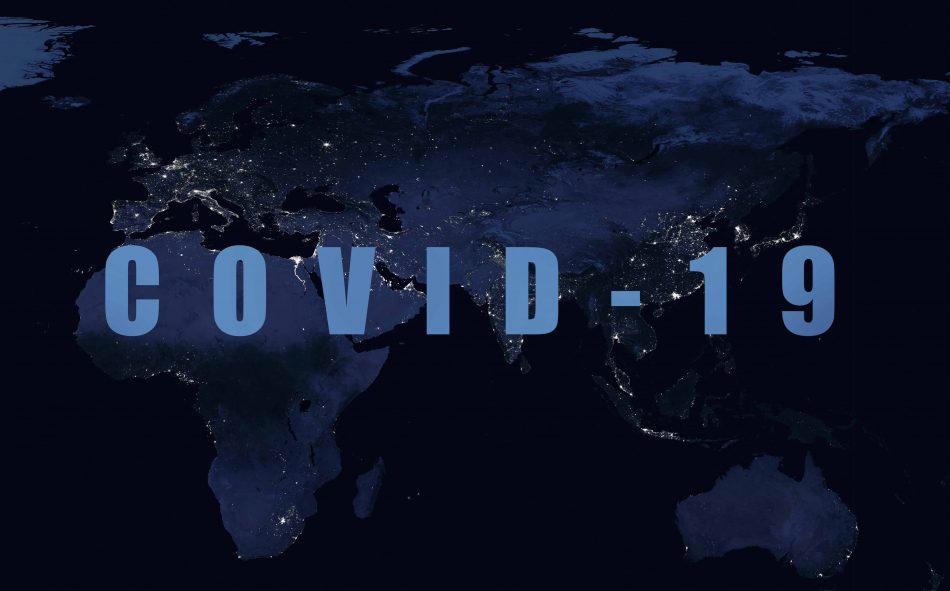 COVID-19 has created a crisis like no other. Despite various attempts to draw parallels with either the Spanish flu or the Blitz, the current situation is unique. Hundreds of millions of people on the planet have restrictions on their freedom and there is a deadly disease stalking humanity.
COVID-19 has created a crisis like no other. Despite various attempts to draw parallels with either the Spanish flu or the Blitz, the current situation is unique. Hundreds of millions of people on the planet have restrictions on their freedom and there is a deadly disease stalking humanity.
Most businesses have considered their crisis planning but usually a crisis which is limited to their own company or sector or a larger event which is short-term. Not many crisis plans will have been prepared for the scenario we face today. That does not mean all the plans should be ditched but instead there is a requirement for a rapid review to ensure your approach is fit for purpose.
Key Messages During Coronavirus
Firstly regularly check your key messages. Are they still relevant? Do they reflect the organisation’s objectives which may have been adapted to better suit the advice from the authorities and the prevailing market conditions? Temporary pivots and innovation often occur during a crisis as businesses search for a way to deploy their resources and offer solutions. The number of distilleries producing hand sanitiser instead of their normal drinks products across the world is an example of how corporations are adding their weight to the national effort for better hygiene.
The senior team for any organisation will be extremely busy during a crisis but communicators need to ensure they have input to and fully approve any change to the key messages. And be aware the key messages might evolve as the crisis develops.
Tone and Sentiment
Tone is always crucial and during this crisis, authority figures have been criticised for using the wrong tone. As a leading voice, your tone can be used to re-iterate official guidance, demonstrate empathy for the suffering caused, firmly explain away any inaccuracies and provide some hope.
Optics
Most experienced communicators will be well versed in managing optics during incidents, although COVID-19 will test even the most cautious with its duration. Be aware that your brand’s output will be scrutinised for many months to come, regardless of the crisis’ own timeline. Strengthen the review process for any comms activity and involve an expert to check you are not scoring an own goal.
Delivery
Not all the usual methods of communication are available in a crisis and many face-to-face briefings have been dropped, for obvious reasons, in the last few weeks. Run through who you communicate in this manner and check that the alternative will be as effective – do not assume that because the whole world seems to be using video conferencing – it will work for everyone. Follow this through from internal briefings to external press activity. Be strong if your spokesperson is not a natural with Zoom or Skype and find another method or another person.
Play to Your Strengths
Whilst the key messages might be adapted, your communications activity needs to stay true to your brand values as your stakeholders will still have certain expectations of the organisation. Even though it might not feel like it at the moment, there will be a time in the future when this crisis is reviewed and your organisation may well be held to account.
If you would like advice from an experienced consultancy which is currently assisting several companies with their communications at this difficult time, please get in touch.
